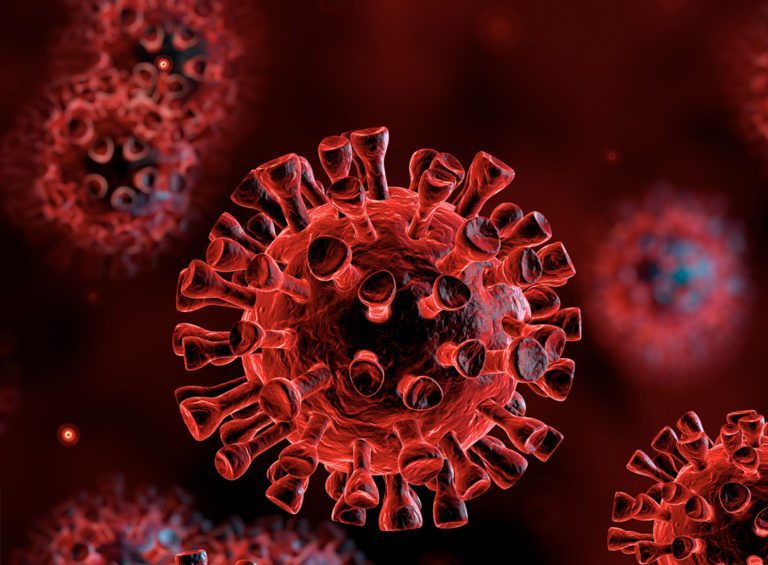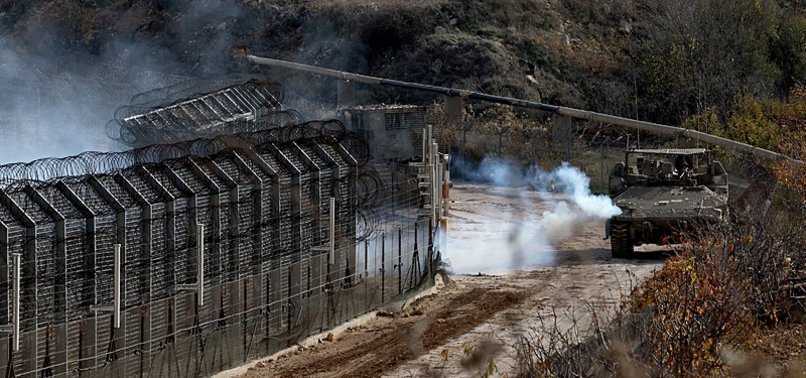The newest Covid-19 variant has sparked fear across the world as health experts warn of an increased risk of reinfection.
Health officials announced the discovery of a new variant of Covid-19 named Omicron which has been described as “a variant of concern.”
The World Health Organization (WHO) said in a recent report on Friday that early evidence suggests that Omicron, first detected in South Africa, could pose an increased risk of reinfection.
“This variant has a large number of mutations, some of which are concerning. Preliminary evidence suggests an increased risk of reinfection with this variant, as compared to other VOCs,” said the WHO.
However, the current lack of research and evidence has sparked fear around the world as health officials warn that the large number of mutations in this variant has never been seen before.
“It is still very very new, so the situation right now is fear rather than knowledge,” Dr. Laith Abu Raddad, a professor of infectious disease epidemiology at Weill Cornell Medicine Qatar (WCMQ) told Doha News.
Read also: Qatar updates travel restrictions as WHO raises concern over Omicron variant
“We don’t really have sufficient data to answer most questions, but what we know about this specific variant is that it has a lot of mutations including mutations in the spike protein which is extremely important because this is the protein we use in vaccine development,” the doctor said.
“It also has mutations in the receptor within the spike protein which is really worrying. This is more than what we have seen in any other variant. This is why we are worried,” Dr. Abu Raddad added.
The Omicron variant has been found to have a high number of mutations, almost 50 in total. South African genomic scientists said that over 30 of the mutations were found in the spike protein.
“They have seen significant reinfections over there, suggesting that immunity is no longer good as it should be,” said the WCMQ doctor to Doha News.
Dr. Abu Raddad pointed out that “the cases have been growing very rapidly in South Africa, but we still don’t know why it is growing very rapidly. Is it because it is more infectious or because of immune evasion?”
He explained that immune evasion means that the immune response of those vaccinated or previously infected could not be as good as it should be against the new variant, because it is so different that it could be just like a new virus.
“It is too early to tell whether it will affect those vaccinated, it is also too early to tell whether it will affect those who had prior infection,” the doctor noted.
Dr. Abu Raddad said that the new strain may reduce vaccine effectiveness including the efficacy of the first two doses or the booster jabs.
The health expert emphasised that there are two different vaccine effectiveness – one is against infection and the other against severe disease.
“We still have to wait for data to be released, but what I think could possibly happen is that the percentage of protection against infection will drop even for those who were vaccinated before but they will probably still be very protected against hospitalisation.”
Read also: Can you “mix-and-match” COVID vaccines?
In the wake of the roll out of booster shots in Qatar, the doctor was in favour of administering the third jab.
“The immune system is smart, when someone gets vaccinated or infected by the virus it generates a lot of antibodies, not just antibodies that match the vaccine, it generates other antibodies. So there will still be antibodies that neutralise parts of the virus so this is why if someone has a lot of antibodies they are more likely to be protected than someone who actually does not,” the doctor said.
In response to the increasing concerns over the Omicron variant, giant pharmaceutical companies like Pfizer and Moderna announced work has started to design a new vaccine to combat the concerning strain.
“When there is a new variant, the first thing that pharmaceutical companies like Moderna and Pfizer do is immediately start designing a vaccine for the new variant because eventually if this variant will become the only variant dominating than why should we use a vaccine that has 50 percent efficacy if we can use a vaccine which has 100 percent efficacy.”
In this context, the pharmaceuticals promised to create a new vaccine to battle the Omicron variant within 100 days, Sputnik reported earlier this week.
“It is completely normal for these companies to immediately start working on developing a new vaccine, because they have to do the best they can to protect everyone,” said the doctor.
Dr. Abu Raddad said “it is too premature to say that we will have to take the new vaccine,” as new vaccines are still in the very first stages of trial.
Regarding concerns over not having enough studies on the new vaccines, the doctors assured people that many clinical trials and plenty of studies on vaccines showing “excellent results.”
The doctor said that in case a new vaccine dose becomes available to target the new variant, there will be no serious risk on those who took the booster shot and that in fact, with every dose, the side effects are less and less.







